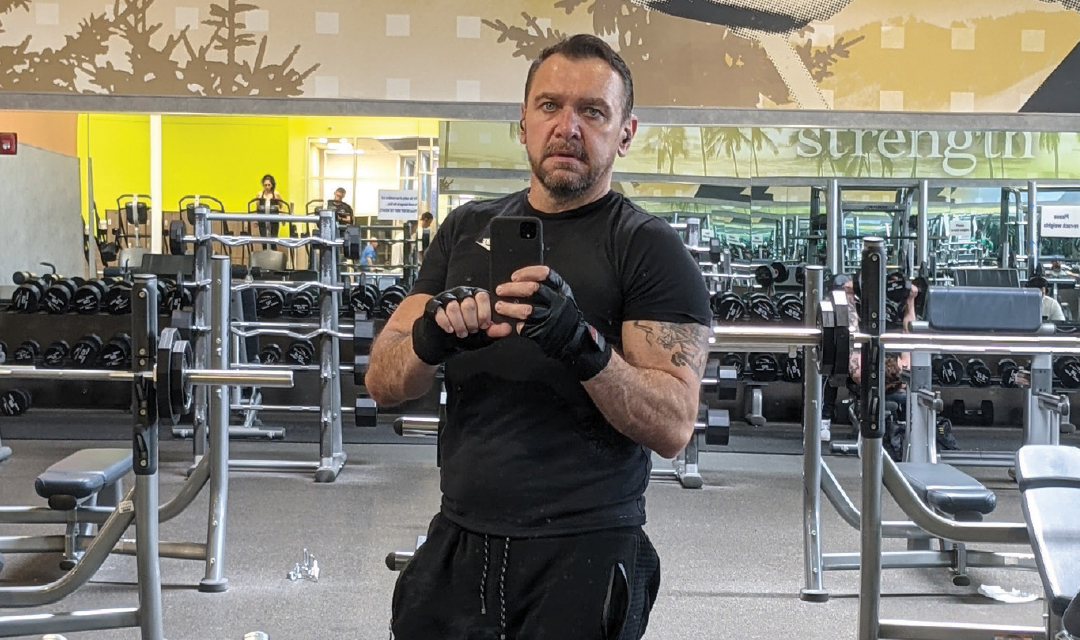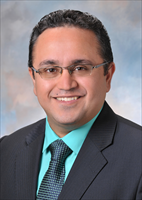“I was afraid I would miss food and want to eat more, but I just feel full with less food.”

Chris Hozer’s weight loss story is not one of those reality-TV ready sagas of a man who lost 400 pounds followed by a “big reveal” in front of hundreds of friends.
In fact, if you had seen Chris, a now 45-year-old truck driver from Union County, three years ago, you probably wouldn’t have thought he looked like a candidate for bariatric surgery.
At 5’9” and 280 pounds at his heaviest, Chris looked like a guy who could have benefitted from cutting down on junk food and hitting the gym a couple times a week. But he’d done all that—more than once, he says—to no avail. “I tried several diets, but I was always yo-yoing,” Chris says. “As soon as I stopped, I’d put the weight right back on.”
Finally, Chris had had enough. He wasn’t just tired of carrying a hundred more pounds than he needed to, he was tired of all the health problems that came with the excess weight.
“I had high blood pressure, sleep apnea and joint pain,” he says. “I didn’t just want to look better—I wanted to feel better.”

One of Chris’s coworkers had had weight loss surgery and recommended his surgeon, Anish Nihalani, MD, Medical Director of the RWJ Surgical Weight Loss Program at Rahway. Chris made an appointment with Dr. Nihalani, who recommended a sleeve gastrectomy.
“The sleeve gastrectomy is the most common weight loss surgery performed,” says Dr. Nihalani. “With this surgery, people usually achieve their weight loss goals.” The sleeve gastrectomy is a restrictive procedure with metabolic benefits, but, according to Dr. Nihalani, unlike some other surgeries, such as the gastric bypass, “It does not change the normal digestion tract.” Before Chris was given the green light for the surgery by Dr. Nihalani, he underwent an extensive workup, including nutritional counseling, blood work and a psychological evaluation.
Chris also followed a special low-carb diet for three weeks before surgery to decrease the amount of fat in and around his organs and prepare his liver for surgery. At Dr. Nihalani’s urging, Chris also quit smoking six months before the procedure.
Chris has since dropped 100 pounds. (“I did put a little back on,” he admits. “But not much.”) His recovery, he says, was simple. “I was a little sore for a couple days,” he says. “I followed a liquid diet for two weeks, followed by pureed food for another two weeks.”
Chris now sees Dr. Nihalani every six months and says the health problems he had before surgery are mostly gone. “I was afraid I would miss food and want to eat more,” he says. “But I just feel full with less food. I can eat anything, but I still have to make good choices. Surgery can’t do that for you.”
The RWJ Surgical Weight Loss Program at Rahway can be reached by calling 723-499-6300.